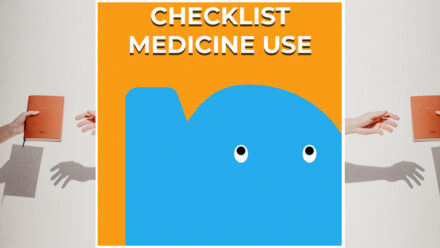
Although experiencing psychosis, depression or another mental illness is often very troubling, it doesn’t mean you are lost forever. For a long time, people thought that mental illness was a permanent condition of which one could never fully recover. Today however, we know that recovery is definitely possible.
Even if the illness or vulnerability might never fully disappear, most people can still learn to deal with it and live a meaningful life again
The path towards recovery and learning to deal with your mental challenges, is a highly individual journey. It means getting to know yourself, your strengths and vulnerabilities. It requires the discipline to avoid your triggers, and to keep yourself in balance. This process is different for everybody, but that doesn’t mean no one can help you.
Below you can find tips and tools to support and encourage you along your recovery
Also very helpful are stories from others who have recovered or are trying to, either online or through recovery support groups. People living with similar experiences can often provide an understanding that professional workers cannot. Or at least, make you realise you are surely not the only one struggling with mental health.



